Explore the extraordinary life of Mrs Waqar-ul-Nisa Noon, a true unsung hero of Pakistan. Discover her relentless legal battle against formidable global rivals, her triumph in annexing Gwadar—an invaluable coastal state—to Pakistan, and her enduring contributions to education, welfare, and national pride. Unveil the inspiring legacy of a remarkable woman who fought with pen and determination to secure a brighter future for her beloved nation.
The history of Pakistan is full of unbelievable tales of unsung heroes. Today, who knows that a great lady with everlasting devotion and selflessness for Pakistan fought a legal battle against her four world’s powerful rivals and annexed the most important coastal state Gwadar, with an area of more than 1.5 million acres to Pakistan?
A combination of two Balochi words Gawat meaning open air, and Dar meaning door, which is commonly called Gwadar was under the unlawful occupation of global colonialism until 1956, whose story is a rare model of ignorance and oblivion. Gwadar estate was owned by Mir Nasir Noori Baloch, Khan of Kalat, in the 18th century. It became difficult for the Khan to maintain his control over this area because of the rebellions of the Gachki tribes. Gachki had ruled this area in the past. Their monarchs had stayed here and desired to get it back. Khan of Qalat deciphered it by giving authority to this area in the hands of the Gachki nation under an agreement to maintain peace in the region. Gachki announced the rulers, but they were to pay half of its revenue to the Khan of Qalat. Its management remained entirely in the hands of the Gachki tribes. This agreement lasted until 1783.
In 1783, the ruler of Oman was defeated by his brother. He appealed to the Khan of Qalat for asylum. Khan of Qalat accepted his request and renounced the 2,400 square mile enclave to the Sultan of Oman as a new treaty.
According to this new agreement, three parties decided according to the previous constitution that Gwadar would remain under the treaty of the Khan of Kalat. Its control would remain with the former Gachki Sardars, except that half of the revenue would go to the Sultan of Oman. Khan of Qalat showed a goodwill gesture to the Sultan of Oman to facilitate his livelihood. If the Sultan no longer remained interested in this asylum, all his rights would revert to the Khan of Qalat as before.
About fifteen years later, after re-conquering Oman, the Sultan returned to his country, but as usual, he retained Gwadar in his hands. When the Sultan passed away, the heirs of the Khan of Qalat demanded the command of Gwadar.
On the refusal of the Omani Government, they occupied it by force, but Sultan’s army rescued it. In the next twenty years, when this situation intensified, the British colonial administration intervened under the pretext of mediation to settle the combat. But instead of doing justice, they took unlawful advantage.
Taking some privileges from the Sultan of Oman at that time, the British temporarily rejected the claim of the Kalat family. British articulated some other testimonies and who claimed to be the past rulers of this region. According to these testimonies, this area has been a fiefdom of the Sultanate of Oman for a long time. British decided the conflict in the favour of none.
In return for this service, the British Political Agent agreed with the Sultanate of Oman that the administration of Gwadar would remain with Britain until the final decision and that Oman would be paid half of the revenue of Gwadar as per the previous agreement. Britain entered its forces in Gwadar, almost without the approval of the Sultan. The British occupied this area for a hundred years.
After the establishment of Pakistan, when the then Khan of Kalat annexed his inheritance to Pakistan, Pakistan raised the issue of Gwadar with the stakeholders. But there was no development. Then when an American survey company articulated that the Gwadar port is ideal for anchoring large ships. Millions of tons of exportable seafood can be obtained from this port annually. It is a harbour for 35 different types of fish.
When Iran came to know about this, it decided to merge it with Chabahar. In those days, Iran was ruled by the Shah of Iran and the CIA was supporting him. Through President Nixon, the CIA continued to pressure Britain to hand over Gwadar to the Shah of Iran.
In 1956, when Malik Feroze Khan Noon took over the Ministry of Foreign Affairs, he vowed to acquire Gwadar at any cost. He carefully reviewed all the historical facts and documents and assigned this mission to his wife. In these critical situations, this passionate lady came forward like a champion and started lobbying for Pakistan in Britain. She did a lot of homework and put this case in front of the UK. So that she could win the possession of Gwadar back with the approval of the House of Lords. Because the territory of the Kalat family was now the property of Pakistan. The right of Pakistan to inherit this part of its territory should be recognized. She argued that Pakistan has cancelled all the previous Jagir agreements that were established by the British government based on revenue sharing or compensation. Also, if Pakistan cancels the jagir of Gwadar by her law and settles it with military service, then being a member of the Commonwealth, Great Britain cannot even attack Pakistan.
She won this two-year-long war with pen, argument and negotiation instead of the sword. During this, British Prime Minister Macmillan, who was a friend of Malik Feroz Khan Noon, played a key role. Oman’s Sultan Saeed bin Taimur consented but hinted at bargaining.
When Malik became Prime Minister, he clamoured about “now or never” in the matter of Gwadar. After six months of nerve-racking negotiations, Oman agreed to hand over the possession of Gwadar to Pakistan for three million dollars. A major part of this amount was donated by Prince Karim Aga Khan. The remaining amount was paid by the Government of Pakistan. In some places, it is stated that the entire amount was paid by His Highness Prince Karim Aga Khan.
In this regard, Malik Feroz Khan Noon writes in his autobiography “Chashm Deed” that where there is a problem of security and dignity of the country, there is no cost. However, this amount will be recovered from the income of Gwadar in just a few years. Today, when the High Commissioner of Pakistan in Britain, Ikramullah, handed over the signed document of Gwadar transfer to me, you cannot imagine the joy I felt at that time. Because as long as Gwadar was in the hands of a foreign country, I felt as if we were living in a house whose back room was in the possession of a stranger. And this stranger can sell it to an enemy of Pakistan at any time. And that enemy can also pay a huge amount for this deal”. Thus, after two years of war, on September 8, 1958, 2400 square miles or more than 1.5 million hectares of Gwadar became the property of Pakistan.
In 2002, General Musharraf planned to build Gwadar Port, which passed through various stages and has now taken the shape of CPEC (Gwadar: Projection under CPEC) and undoubtedly promises a bright future for Pakistan.
Today, everyone wants to take credit for Gwadar Port and CPEC hence no one knows the name of this great philanthropist of Pakistan who put the lost Gwadar back in the cradle of Pakistan by fighting a war with four potent stakeholders of the world, British Parliament, CIA, Iran and Oman.

These dignitaries did not celebrate their remarkable success nationwide just because of the self-respect of the Sultan of Oman. This is one of the reasons that the nation today does not apprehend this genius respectable couple and is not aware of their great achievement.
This philanthropist of the nation who conquered Gwadar is Mrs Waqarul-Nisa Noon. She is the second wife of the seventh Prime Minister of Pakistan, Malik Feru Khan Noon. Her former name was Victoria Rekhi. She was born in Austria. Her education and training took place in Great Britain. Malik Feroze Khan Noon met her when he was the High Commissioner of the Government of India in Great Britain. On Malik Feroz’s invitation, she converted to Islam, married him in Bombay and changed her name from Victoria to Waqar-ul-Nisaa Noon. She is also fondly called Vicky Noon.
She organized several women’s squads to highlight the Pakistan Movement and was arrested three times for organizing protests and processions against the Khizr Hayat Cabinet of the British in the civil disobedience movement.
After the establishment of Pakistan, she played a vital role in taking care of stranded and abandoned refugees. She is also one of the founding members of APWA, the first women’s welfare organization. She also founded Waqar-ul-Nisa Girls College Rawalpindi and Waqar-ul-Nisa School Dhaka. She rendered valuable services to the Red Crescent. During the period of Zia-ul-Haq, as a minister, she attracted the whole world to Pakistan for tourism. Pakistan Tourism Development Corporation is one of the signs of her services.
Her love for Pakistan did not shake even in her old age. When the property of her childless sister living in the UK was transferred to her, she established the “Wicky Noon Education Foundation” with this fund which is still the symbol of her social services. According to Her Majesty’s will, a part of this fund is spent on the education of those poor but intelligent students from institutions like Oxford who are willing to come back and serve their country.
Mrs Waqar-ul-Nisaa Noon met her Creator on January 16, 2000, after a long illness. After performing an Umrah, she made a will, “Don’t leave me as an intruder, but do perform my burial as a Muslim”. She had no children of her own. Her real children are the Pakistanis who are following in her footsteps in patriotism. She was awarded Nishan-e-Imtiaz, the highest civilian award of the Government of Pakistan in 1959, for conquering Gwadar. But her real reward is the honour and respect we can give her as a nation.
According to an article in Nowa-e-Waqt, there is no Prime Minister, President, General, Minister, Advisor, or Ambassador except Ms Waqar-ul-Nisaa Noon who can claim this great victory for conquering Gwadar. May Allah always shower His countless blessings upon her.
(Read more about the Gwadar: A Historical Journey and Strategic Significance of Pakistan’s Coastal Gem).

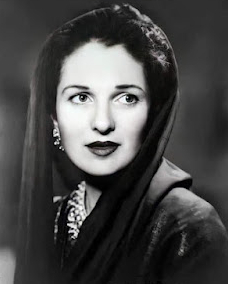
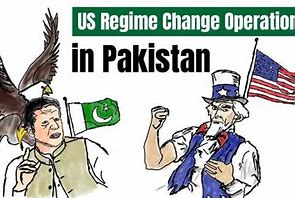
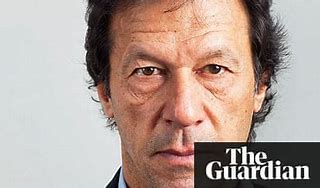
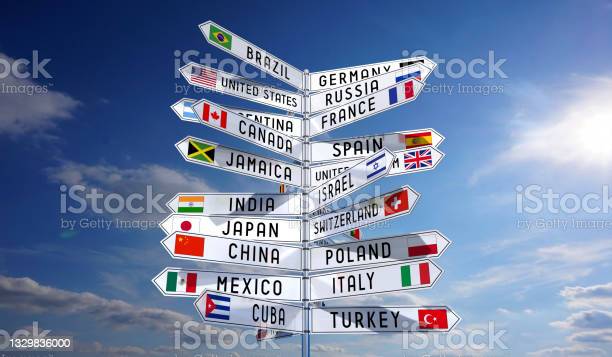
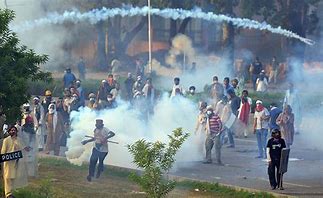
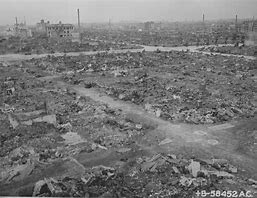
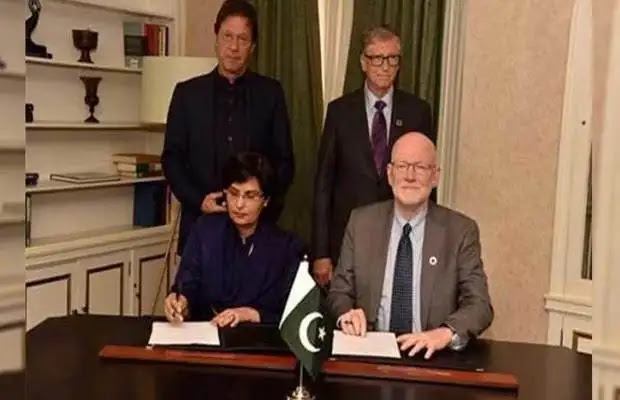

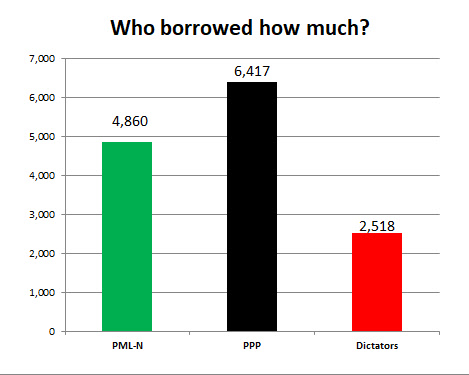
2 Comments